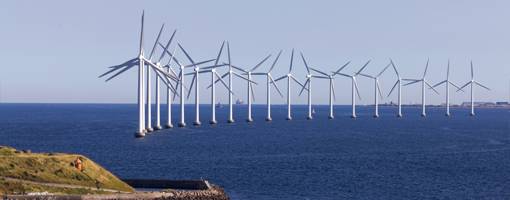The Government should create a market for so-called ‘negative emissions’ that result from the removal of greenhouse gases from the atmosphere.
There will also need to be an increase the price of carbon in key sectors such as aviation, vehicles, and agriculture, to phase out emissions that are driving climate change in order to meet the target of net zero emissions, but this could be achieved with a carbon price of up to £160 per tonne of carbon-dioxide-equivalent (tCO2e), including the cost of ‘negative emissions’.
The recommendation comes from a report published by the Grantham Research Institute on Climate Change and the Environment and the ESRC Centre for Climate Change Economics and Policy at the London School of Economics and the Political Science and compiled by Josh Burke, Rebecca Byrnes and Sam Fankhauser.
The report recommends that the Government should create better incentives for investment in negative emission technologies – such as the use of bioenergy with carbon capture and storage (BECCS) in electricity generation – by creating a public procurement scheme or a market for ways to offset emissions. It further proposes that the Government could set up a public procurement system in which it uses the revenue from carbon taxes to pay negative emission providers for the amount of carbon dioxide that they remove from the atmosphere. In this scenario, the providers of negative emission technology would bid for Government contracts through an auction process that would determine the cheapest and most effective investments.
Alternatively, the report recommends creating a regulated offset market, in which businesses could buy negative emissions instead of paying the carbon price. Sectors with significant residual emissions – such as aviation – would pay negative emissions providers to offset these emissions.
The report makes it clear that the carbon price and negative emissions market would need to be complemented by other policies, including more funding for energy efficiency measures in UK homes to ensure that fuel poor households are not disproportionately affected.
Latest News
-
Motorway services firm to fundraise for air ambulances
-
Pets at Home’s charitable arm helps assistance dogs charity to expand
-
Airport hands local charities and groups £100,000 over last year
-
Private health provider awards £10,000 to arthritis research team
-
Building Society hands out £1m to tackle inequality
-
Premier League and Comic Relief partnership aims to improve children’s mental health
© 2019 Perspective Publishing Privacy & Cookies







Recent Stories